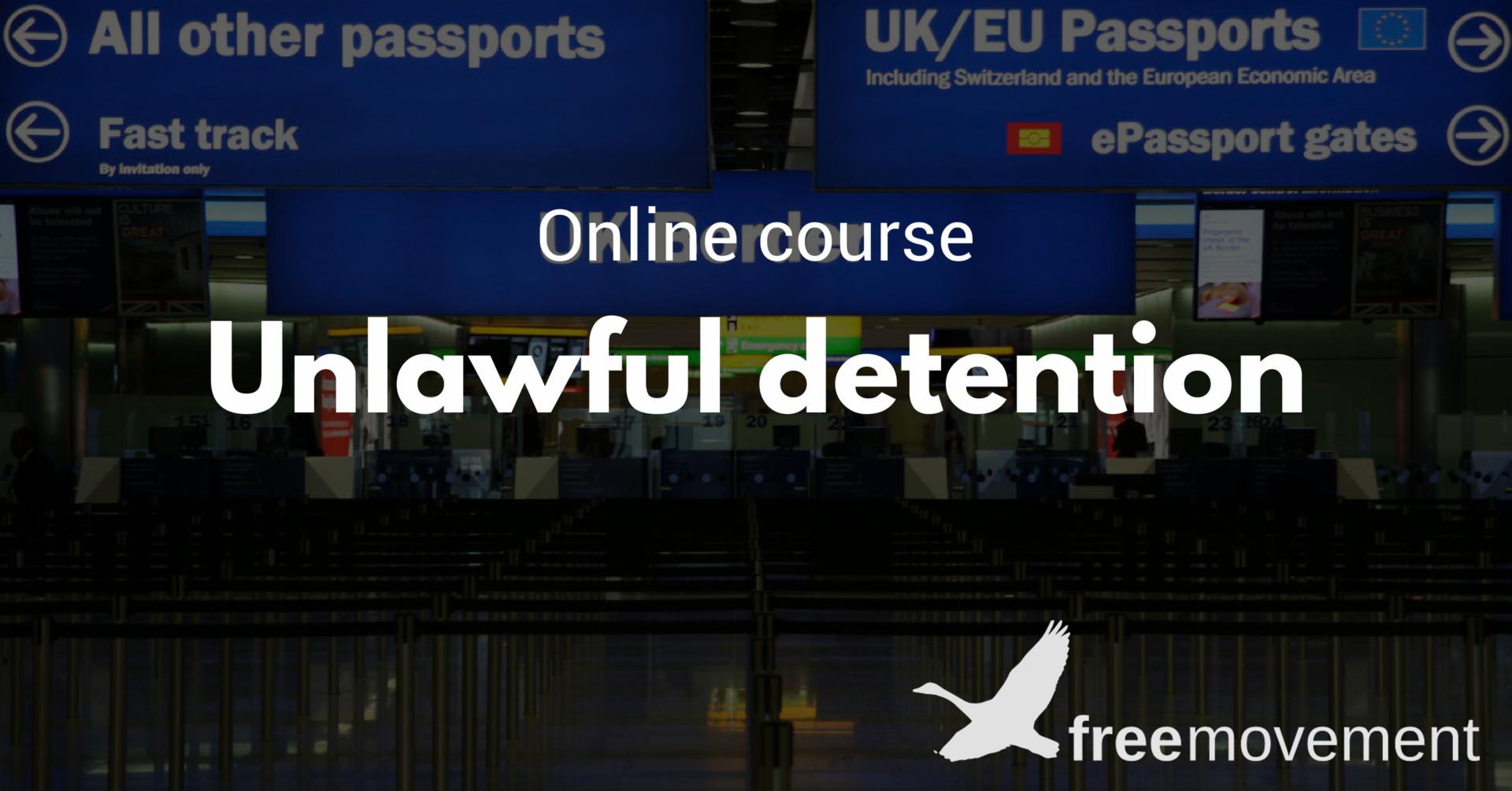- BY Alex Schymyck

Torture victim wins unlawful detention claim over delay in medical assessment
THANKS FOR READING
Older content is locked

A great deal of time and effort goes into producing the information on Free Movement, become a member of Free Movement to get unlimited access to all articles, and much, much more
TAKE FREE MOVEMENT FURTHER
By becoming a member of Free Movement, you not only support the hard-work that goes into maintaining the website, but get access to premium features;
- Single login for personal use
- FREE downloads of Free Movement ebooks
- Access to all Free Movement blog content
- Access to all our online training materials
- Access to our busy forums
- Downloadable CPD certificates
The High Court has ruled that failure to provide a medical assessment within 24 hours of arrival at a detention centre can make continued detention unlawful. In R (KG) v Secretary of State for the Home Department [2018] EWHC 1767 (Admin) the court found that the Home Office had failed to comply with Rule 34 of the Detention Centre Rules 2001, which requires assessment by a detention centre GP within 24 hours. As a result, the Home Office did not realise that the claimant was a victim of torture and unlawfully detained him for a month.
The claimant, KG, was detained on 6 January 2016 without a medical assessment and claimed asylum the following day. On 14 January 2016 he was seen by a nurse because he had moved to a different detention centre, but no-one asked him about whether he had ever been tortured. KG told the Home Office that he had been tortured in an asylum interview on 15 January 2016 and asked to see a doctor on 18 January 2016. The appointment finally took place on 4 February 2016, after which the Home Office released KG because the GP said that he was a victim of torture.
HHJ Sycamore (sitting as a judge of the High Court) ruled that detention was unlawful for almost the entire period:
Put simply then the question is whether, if the Rule 34 examination had taken place when it should have done at either Campsfield or Harmondsworth would the outcome, that is to say, the recognition of issues relating to torture, be likely to have led the doctor, in complying with his Rule 35 obligations, to report that finding and would that have resulted in the claimant’s earlier release?
In my judgment that conclusion must necessarily follow given the unambiguous wording used by the doctor as to his findings (report February 2016) and the consistency of the injuries with the account given by the claimant. It follows therefore in my judgment that the claimant was unlawfully detained from the expiry of 24 hours after his arrival at Campsfield.
This case is an excellent example of the High Court supervising the Secretary of State’s compliance with the Detention Centre Rules. Most of the day-to-day functioning of detention centres is shielded from public view so detainees rely on the courts to enforce the rules strictly and punish the Home Office for its mistakes. Hopefully the award of compensation for KG in this case will ensure that Rule 34 medical assessments are provided to all detainees in future.

